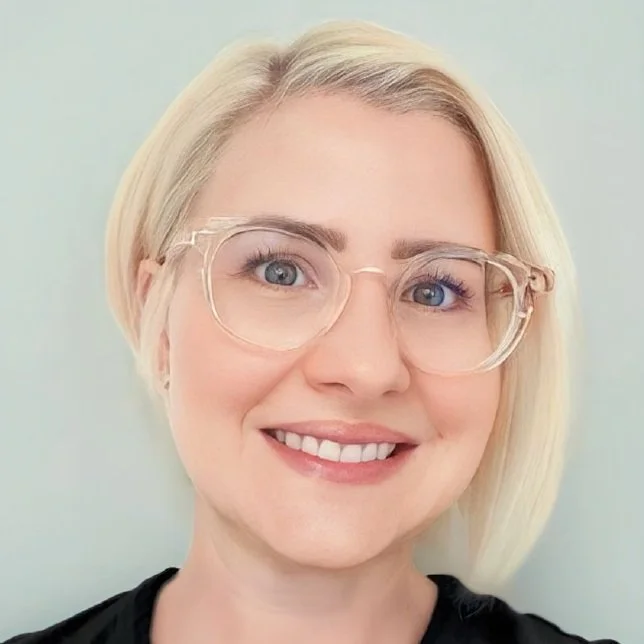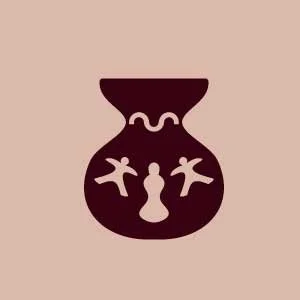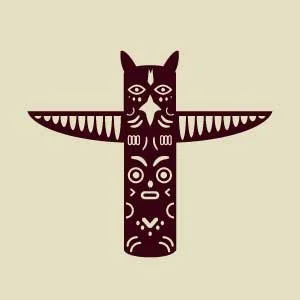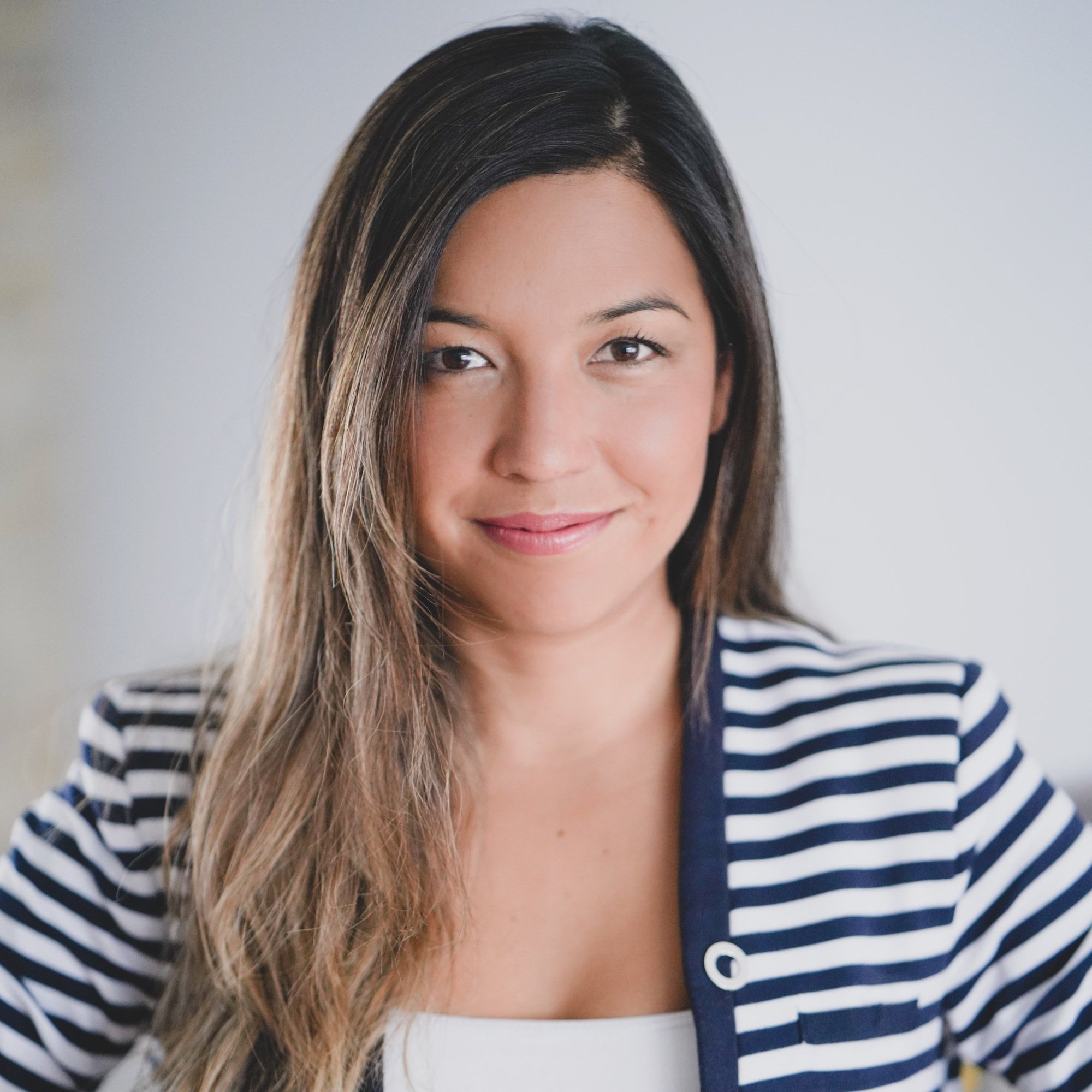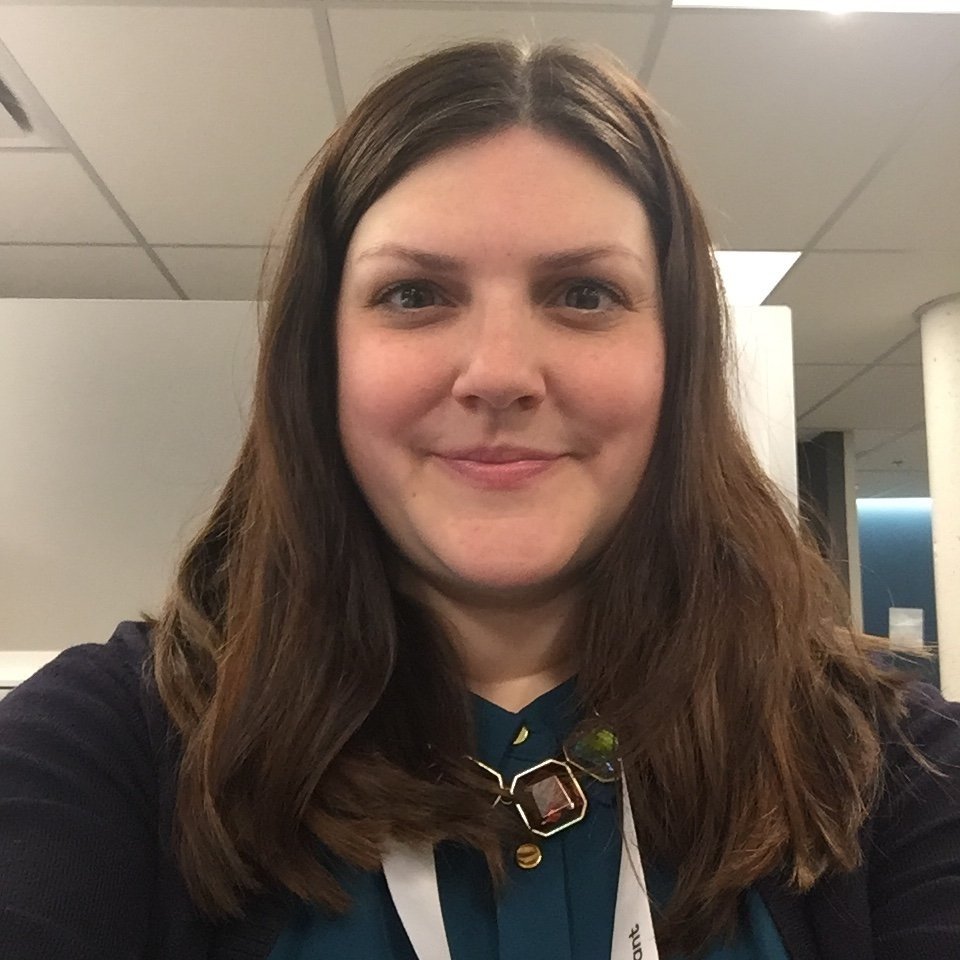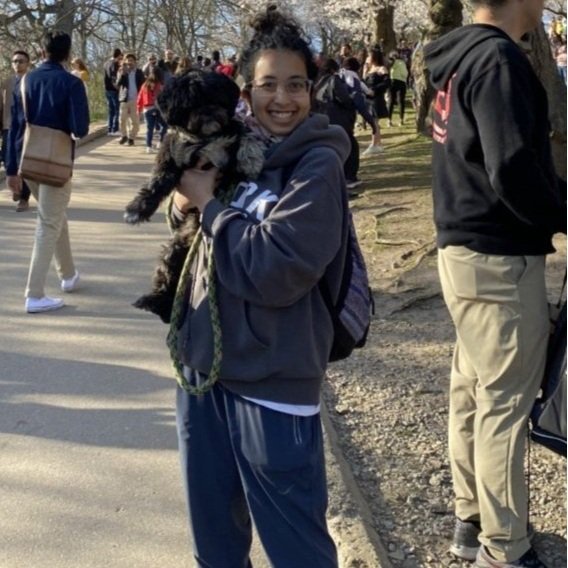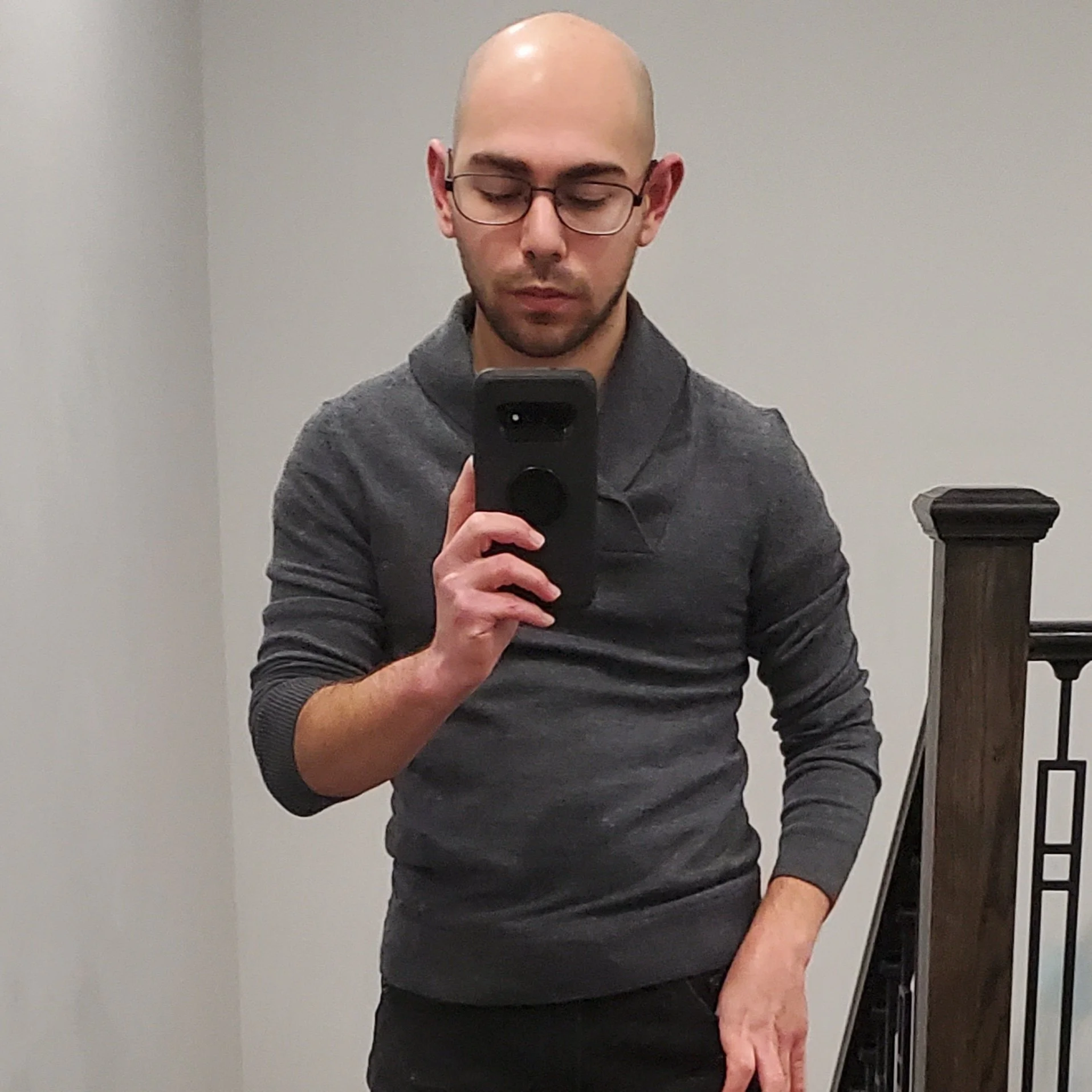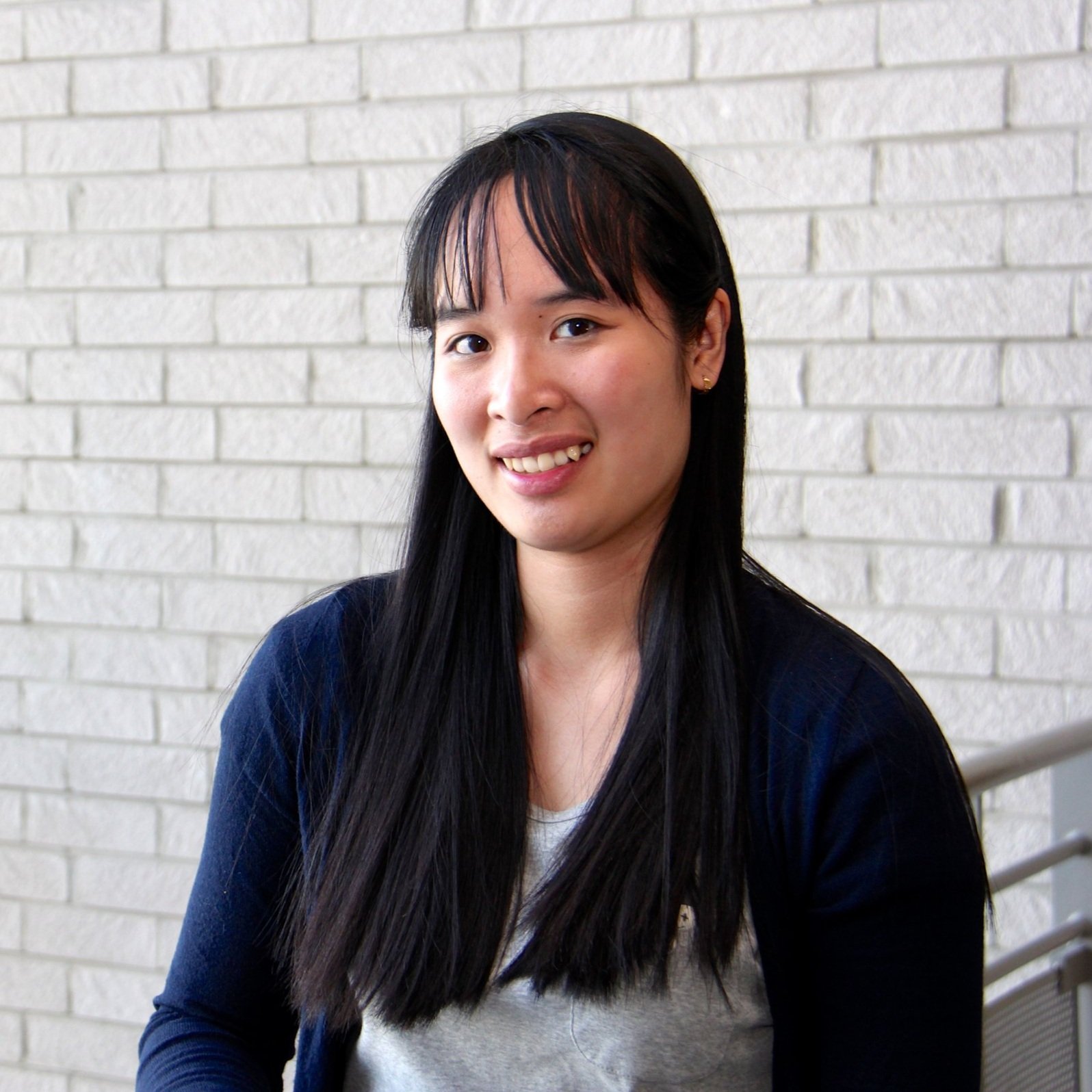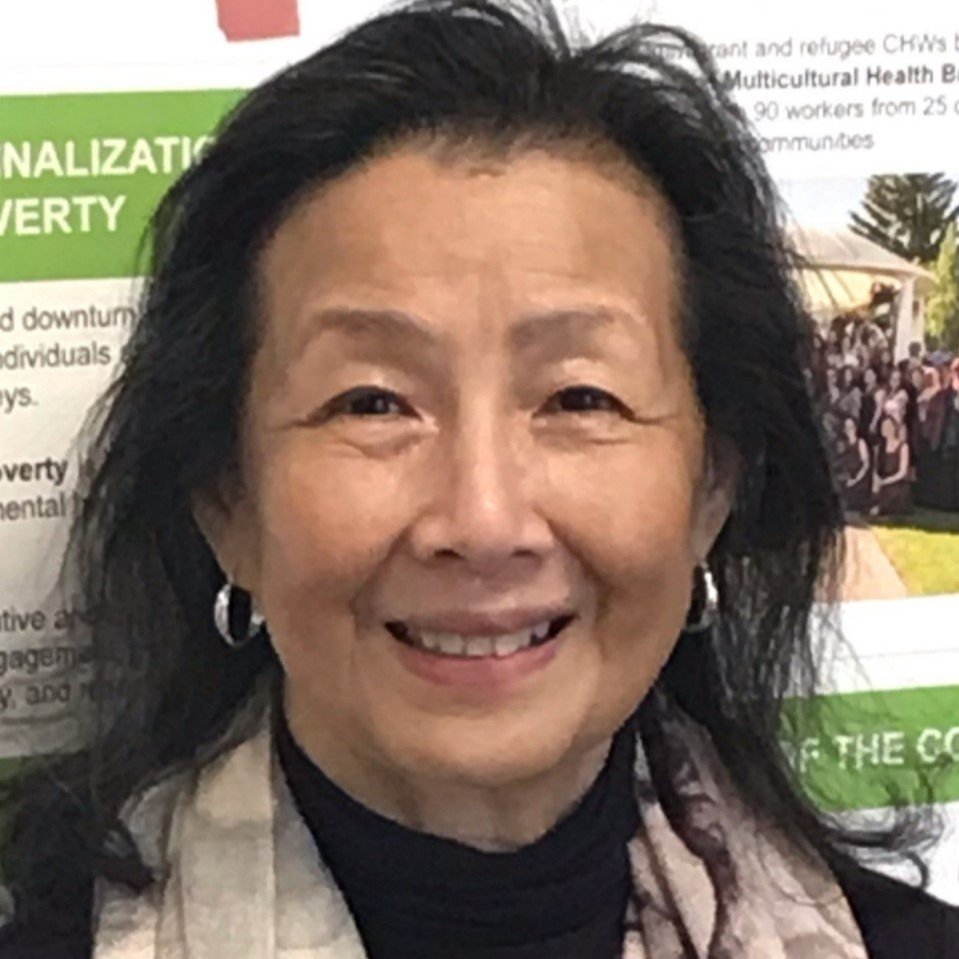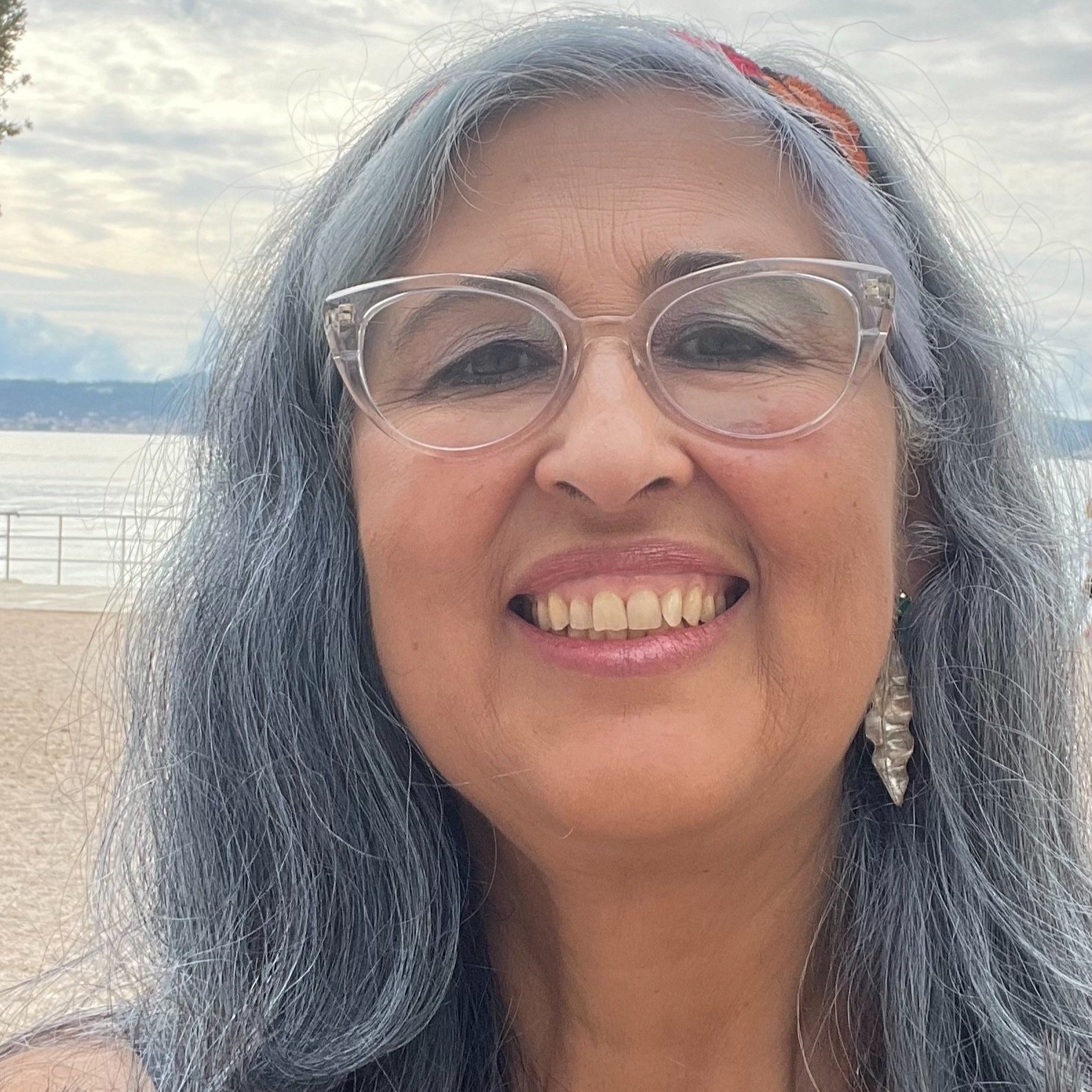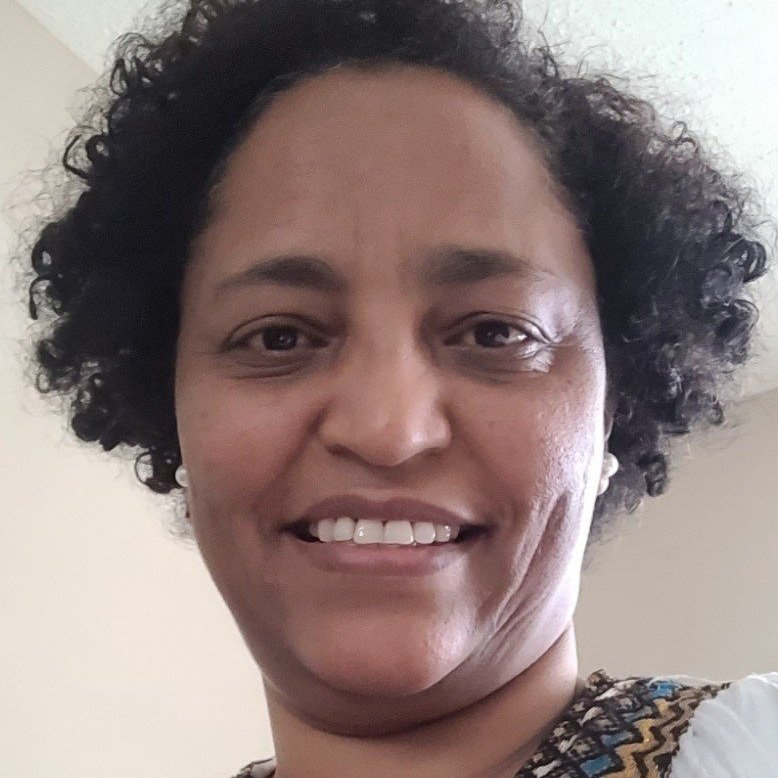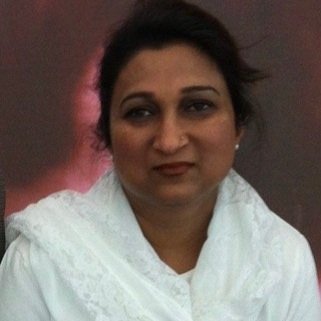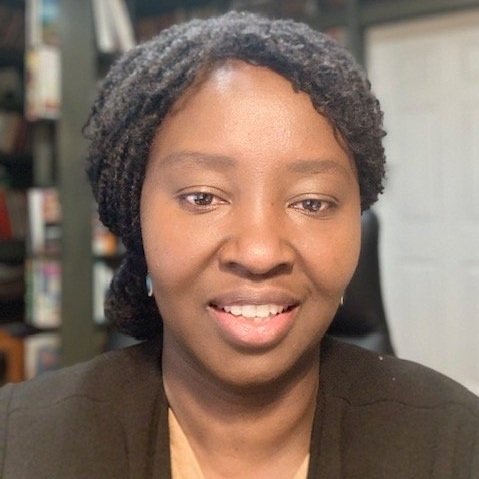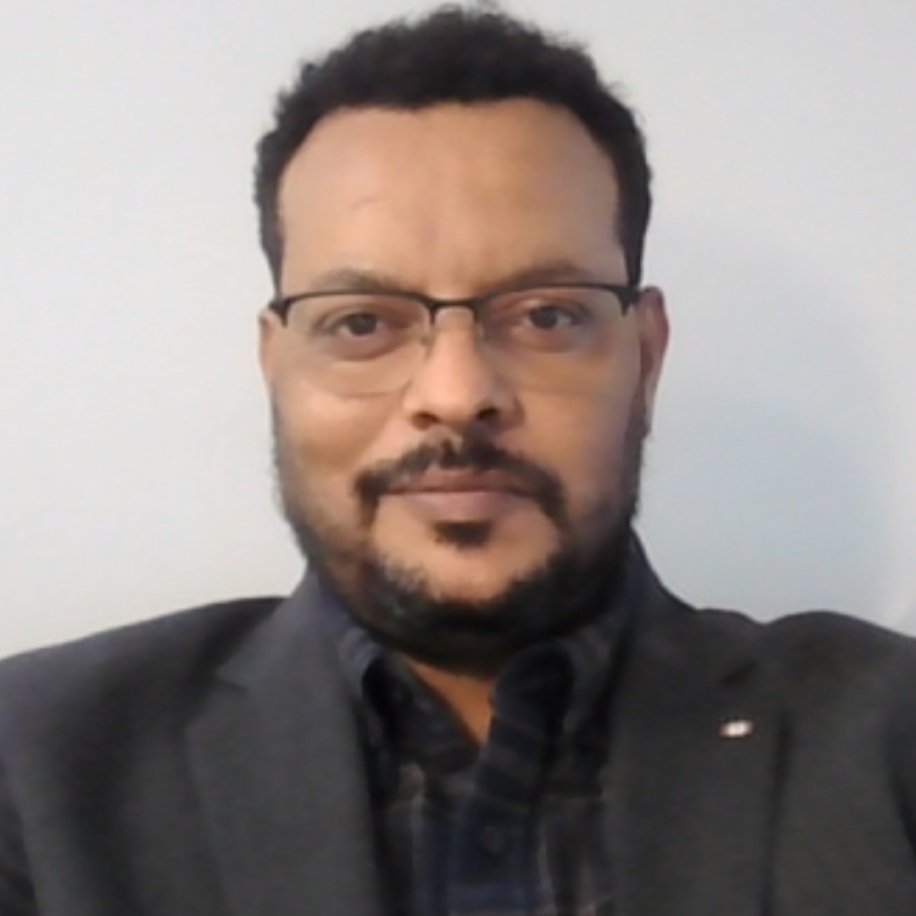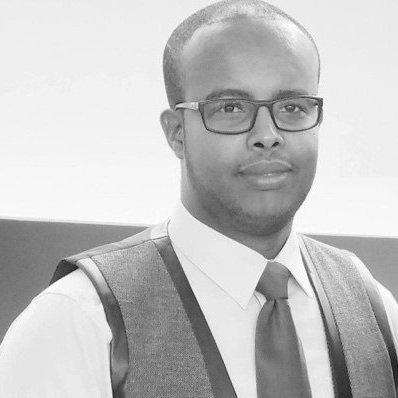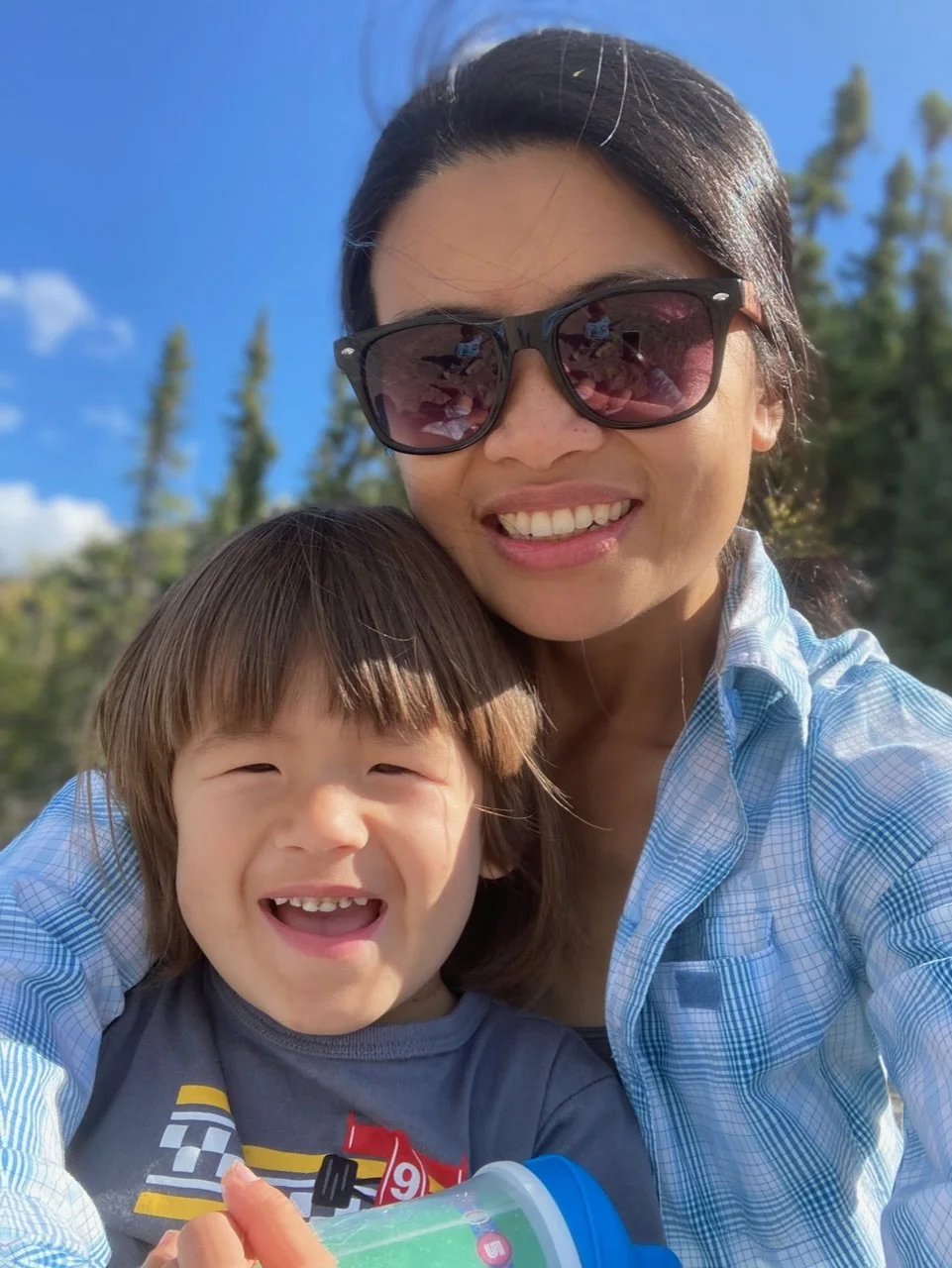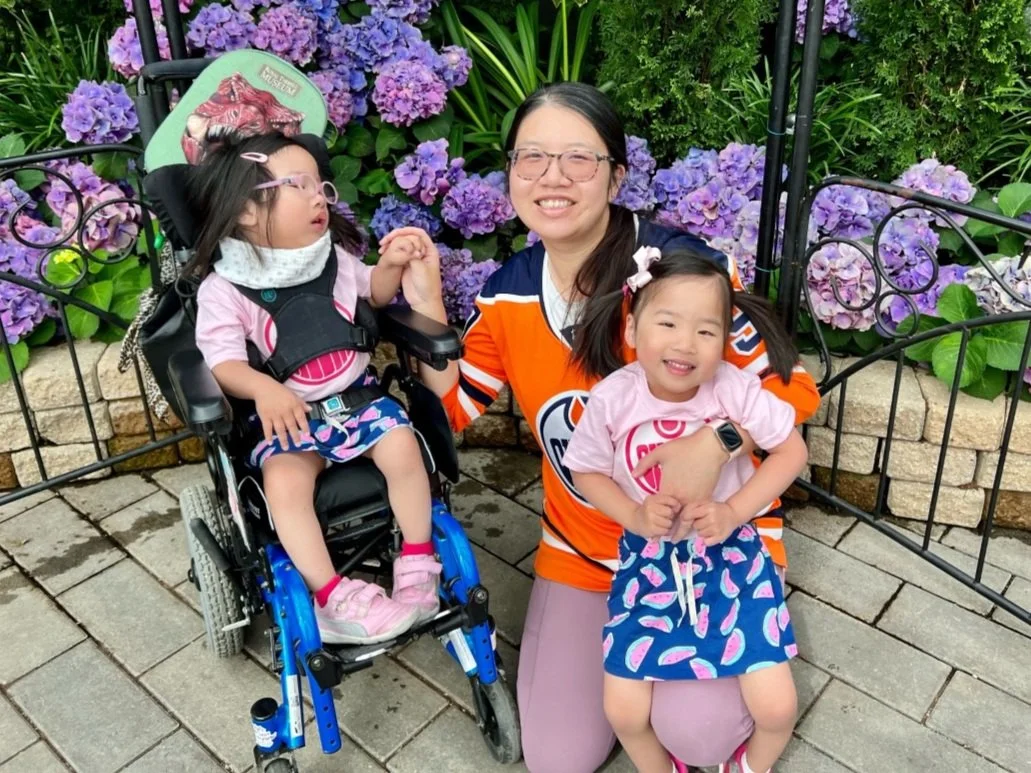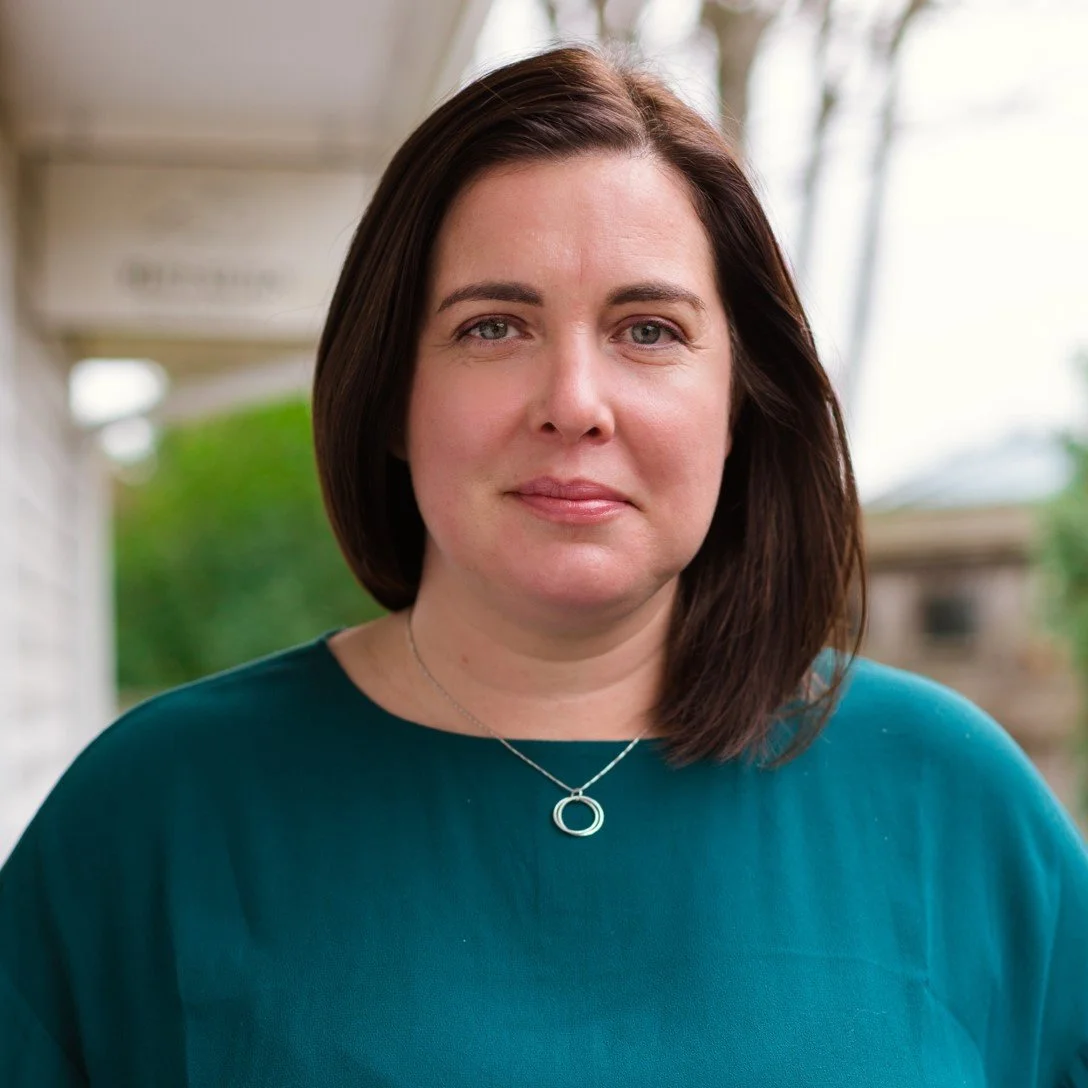Welcome to our new blog series highlighting the work of our Azrieli CHILD-BRIGHT postdoctoral fellows!
Within the various research projects underway at the CHILD-BRIGHT Network, postdoctoral fellows play a crucial role. This year, thanks to the generous contribution of the Azrieli Foundation, we’re delighted to welcome a new cohort of up-and-coming scientists who are passionate about patient-oriented research (POR) and its incredible potential in the study of pediatric brain-based developmental disabilities. In the next few weeks, we’ll be showcasing each of our postdocs and the pivotal work they’re doing at CHILD-BRIGHT, across Canada.
CARE PATHWAYS FOR CHD PROJECT
Marie-Ève Bolduc (she/her)
Postdoctoral fellow, Centre Hospitalier Universitaire Sainte-Justine
Assistant professor, School of Physical & Occupational Therapy, McGill University
Marie-Ève is the postdoctoral fellow on the network’s Care Pathways for CHD project, under the supervision of principal investigators Mike Seed and Andrea Patey. In this Phase 2 CHILD-BRIGHT project, the research team aims to develop recommendations, based on current approaches used around the world, to optimize the identification of developmental delays in children and adolescents with a congenital heart defect (CHD) in Canada.
Marie-Ève oversees all aspects of coordinating the Care Pathways for CHD project. “My responsibilities include liaising with family partners, conducting comprehensive literature reviews, and leading our consensus groups,” she says. In this multifaceted role, Marie-Ève ensures that all voices are heard, that research is progressing well, and that the project is contributing to the advancement of neurodevelopmental care for children and adolescents with a CHD.
Marie-Ève has been interested in patient-oriented research (POR) since her first collaboration with a parent partner during her PhD. “I realized how important their feedback was,” she recalls. “But later, I realized that the project could’ve benefitted even more from their input.” She wished she’d had a deeper understanding of POR and the strategic integration of partner feedback throughout various project stages. “That’s when I decided to enroll in a patient-oriented research course.”
Marie-Ève believes that incorporating the perspectives of partners with lived experience (PWLE) in research has profound implications for the improvement of outcomes in our health care system. “Patient-generated research questions are instrumental,” she says. “They reflect the unique challenges faced by the individuals we’re trying to help.” While she knows she still has a lot to learn, Marie-Ève is optimistic that her ongoing collaboration with current research partners will help her learn and hone her expertise over time.
“By actively involving users in shaping research agendas, projects become more relevant, resonant, and aligned with the lived experiences of patients. This not only enhances the design of robust research initiatives, but also ensures that patients’ needs and expectations are at the forefront.”
Marie-Ève is thrilled to be an Azrieli-CHILD-BRIGHT postdoctoral fellow and knows that the scholarship is an invaluable opportunity to build on the knowledge acquired during her graduate and PhD studies. “Engaging in patient-oriented research and implementation science will not only enhance my skillset, but also significantly elevate the quality of my future projects,” she says happily. Being part of a collaborative network is also allowing her to learn from diverse expertise and make connections with researchers across North America. “This scholarship is a gateway to knowledge exchange, skill refinement, and collaborative opportunities,” says Marie-Ève. “I have no doubt that it will shape the trajectory of my research career.”












